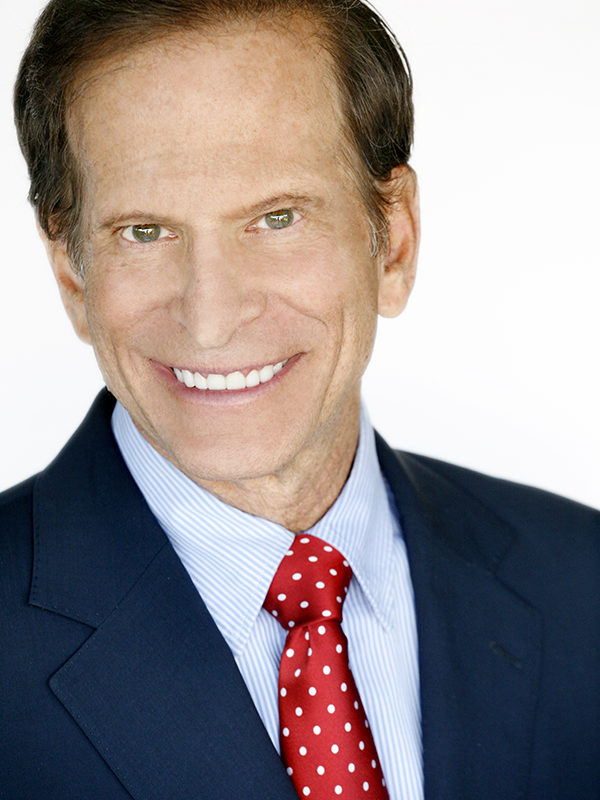
In the past two years, USC’s Department of Stem Cell Biology and Regenerative Medicine has welcomed six new assistant professors to its ranks — and more are on the horizon. Thanks to a gift from the Merkin Family Foundation, four of these talented young faculty members will be awarded Richard N. Merkin Assistant Professorships in Regenerative Medicine.
By establishing the Richard N. Merkin, MD, Fund for Professorships in Regenerative Medicine, the gift enables USC to retain the most outstanding young faculty members and to provide them with career-shaping resources. These resources will support their efforts to obtain external funding and tenure-track success, and to transition to the next phase of their careers.
“This gift supports USC’s progress in assembling and cultivating one of the most dynamic teams of research scientists in the field of regenerative medicine,” said Andy McMahon, chair of the Department of Stem Cell Biology and Regenerative Medicine. “I am confident that these faculty will make transformational contributions to human health in the years to come.”
In addition to the prestigious recognition of being named a Richard N. Merkin Assistant Professor, each awardee will enjoy three full years of support and training. He or she will also receive access to a unique fund dedicated to promoting collaborations with clinicians in order to propel laboratory research into the patient-care setting.
“I’m delighted to establish the Merkin Fund for Professorships in Regenerative Medicine at the Keck School of Medicine of USC to further support research and discoveries that can unlock debilitating chronic diseases and develop new therapies,” said Richard N. Merkin, president and CEO of Heritage Provider Network and The Merkin Family Foundation, and member of the Board of Overseers of the Keck School of Medicine of USC. The Heritage Provider Network and its affiliates operate in California, New York and Arizona, providing high-quality, cost-effective health care to more than 700,000 individuals.
Merkin added, “Successful research can play an integral role in overcoming barriers for millions of Americans suffering from nerve disease and diabetes and perhaps in solving some of the mysteries surrounding Alzheimer’s disease as well.”
